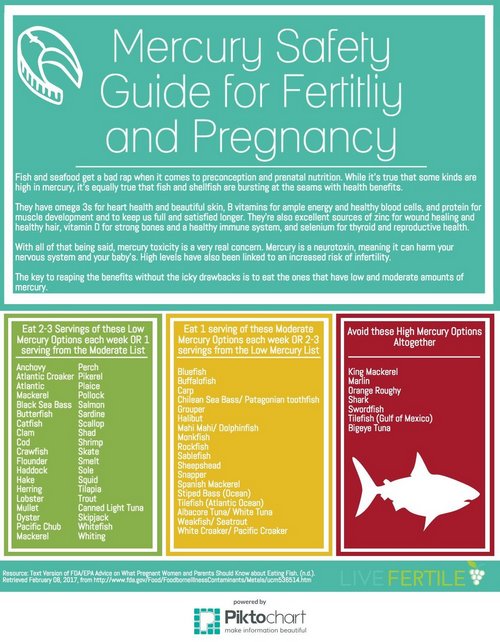Diabetes is a condition in which there is too much glucose (sugar) in the blood. The rise in glucose occurs because the body can’t make enough insulin or the insulin produced is not working properly. Insulin is a hormone produced by the pancreas that moves glucose from the blood stream, into the cells of the body where it is used for energy.
Gestational diabetes refers to diabetes that develops during pregnancy and usually goes away after the baby is born. During pregnancy, there are many hormonal changes that occur, which can affect insulin levels and insulin action.
As the baby and placenta grow, the body may be unable to sufficiently adapt to the changing hormone levels to maintain normal blood glucose levels.
About one in ten women in Australia develops gestational diabetes and this rate is steadily increasing.
Gestational diabetes typically occurs after the 26th week of pregnancy.

Women who have gestational diabetes are at increased risk of developing type 2 diabetes later in life.
Who is at risk?
If you are pregnant and any of the following apply to you, you should consult your doctor or obstetrician to discuss your risk of gestational diabetes:
- over 30 years of age
- overweight
- previously had gestational diabetes
- have a family history of type 2 diabetes or gestational diabetes
- you are:
- an Aboriginal or Torres Strait Islander Australian
- a Pacific islander (melanesia, micronesia and polynesia)
- from the Indian subcontinent (Bangladesh, Bhutan, India, Nepal, Pakistan, Sri Lanka)
- Asian
- have polycystic ovary syndrome (PCOS)
Who should be tested?
Currently it is recommended that all women are screened for gestational diabetes between 24 and 28 weeks of pregnancy. Women at very high risk should be screened earlier.
The most commonly used screening test is a glucose challenge test. If this test is positive a more detailed test, an oral glucose tolerance test, is done. This will help your doctor identify if your body is able to maintain normal blood glucose levels during your pregnancy.
If you develop gestational diabetes it is vital that you repeat the oral glucose tolerance test 6 to 8 weeks after the birth of your baby, to check if blood glucose levels have returned to normal.
Management & treatment
For many women, being diagnosed with gestational diabetes can be distressing so it is important that you see a diabetes health professional for better understanding and assistance in managing the condition. The main aim of management is to keep blood glucose levels within the normal range. This will require regular monitoring of blood glucose levels, a healthy eating plan and regular physical activity.
Blood glucose levels can usually be managed with lifestyle changes, but sometimes insulin injections may be needed.
What does it mean for your baby?
If undetected or not treated correctly, gestational diabetes can lead to problems for you and your baby including:
- your baby may be large when born, making delivery difficult
- your baby might be born with low blood glucose levels and may need to spend some time in a special care nursery
- an increased risk of a premature birth and even miscarriage
How to avoid developing gestational diabetes
If you have any of the risk factors, it is important to prepare for a healthy pregnancy prior to becoming pregnant. You can do this by controlling weight, being physically active and adopting a healthy eating plan. This will reduce your risk of gestational diabetes.
What does it mean for your future health?
Women who have had gestational diabetes are at increased risk of developing type 2 diabetes. It is estimated approximately 35-60 per cent of women with gestational diabetes will develop type 2 diabetes within 10 years of childbirth. It is recommended that women with a history of gestational diabetes are screened for diabetes at least every two years. To prevent or reduce your risk of developing type 2 diabetes, it is important to do the following:
| Maintain a healthy weight |
|
| Adopt a healthy eating plan |
|
| Engage in regular physical activity |
|
| Have regular follow-ups with your doctor | All women with a history of gestational diabetes should see their doctor at least every two years with appropriate screening tests to assess your risk of type 2 diabetes. This is important as symptoms may not always be obvious and can go unnoticed. |



